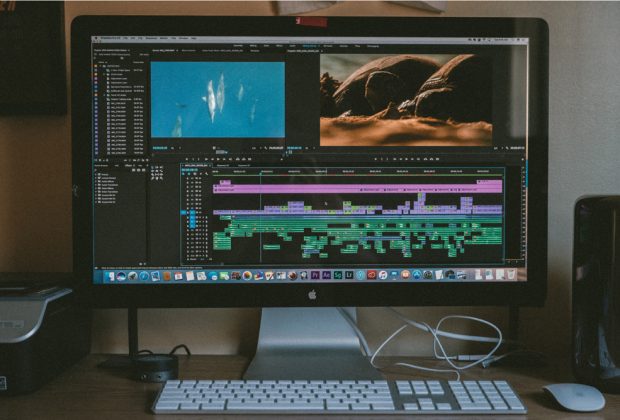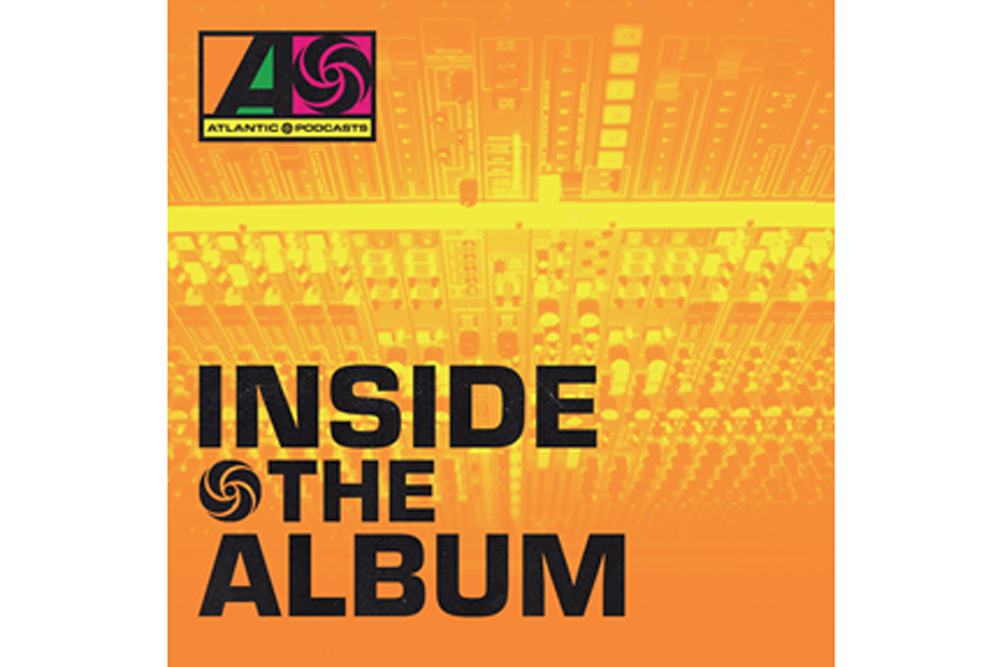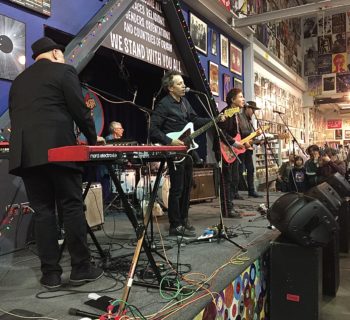What is a Synchronization License? It’s a license granted by the holder of the copyright of a particular composition allowing the licensee to “synchronize” music to a visual image (film, TV shows, video games, accompanying website music, movie trailers, etc.). This is different from a Master Use License, which is the right to use a particular recording of a composition. Below are some of the typical deal points in a synch license deal:
Compensation: When negotiating a sync license one of the major deal points is how much compensation can you negotiate for it. This depends on many factors, including the prominence of the cue, the duration and number of times the music will be used, the popularity and importance of the composition, the budget of the film or TV show, etc. Fees are negotiable and vary widely.
Reduced Rate: If it is a student film, you can often negotiate a reduced rate. If it is an independent film that is only going to be shown at film festivals, you may also get a reduced rate called a Festival Use License. If the film secures distribution, the fee will increase.
Increased Rate: You should negotiate how the fee will increase, based on possible future uses in different types of media.
Use: Another important deal point is the specific use of the composition. For instance, is it being used in the opening or closing credits of a movie, or in the background of a scene?
Duration: You will want to specify the duration of each use of the composition. Obviously, the longer the use the more a licensee will pay to license it.
Term: The term of the license must also be included in the agreement. In other words, how long will the licensee be able to use the Composition?
Soundtracks: If the licensee intends to use the composition in a soundtrack album for a movie, you can negotiate these rights at the same time.
Territory: For instance, will the composition be used in the U.S. on radio and TV or worldwide?
Representations and Warranties: There are promises or guarantees made, such as the Licensor has the right to license the Composition to the licensee.
Reservation of Rights: These are rights retained by the licensor, such the right to license the composition to others.
Credit: This refers to screen credit for the Composition, such as its size, placement, etc.
Remedies: This refers to what an aggrieved party can do if the other side breaches the agreement. For instance, one could provide that the Licensor only has the right to monetary damages in the event of a breach by the licensee and cannot obtain an injunction to stop exhibition of the film.
Boilerplate Provisions: These would include typical or standard provisions covering such things as California law will apply in any dispute, attorney’s fees and costs will be awarded to the prevailing party in litigation, the written license agreement is the entire agreement and any revisions must be in writing and signed by the parties.
GLENN LITWAK is a veteran entertainment attorney based in Santa Monica, CA. He has represented platinum-selling recording artists, Grammy-winning music producers, hit songwriters, management and production companies, music publishers and independent record labels. Glenn is also a frequent speaker at music industry conferences around the country, such as South by Southwest and the Billboard Music in Film and TV Conference. Email Litwak at [email protected] or visit glennlitwak.com.
This article is a very brief overview of the subject matter and does not constitute legal advice.












